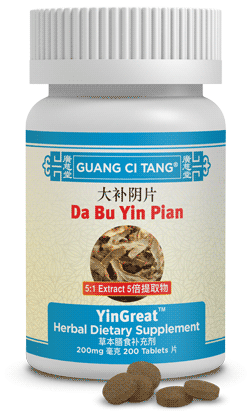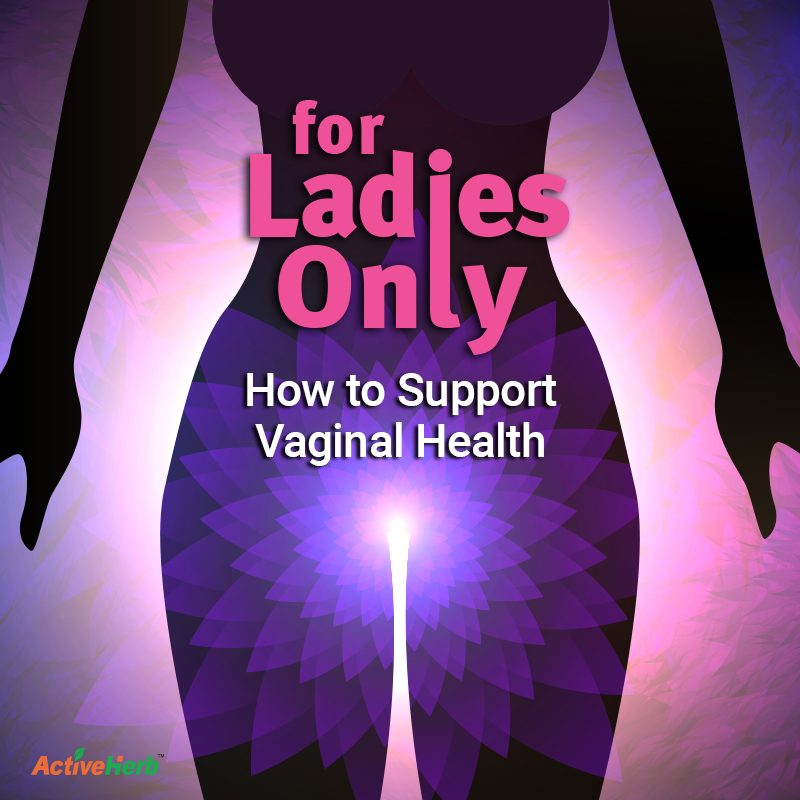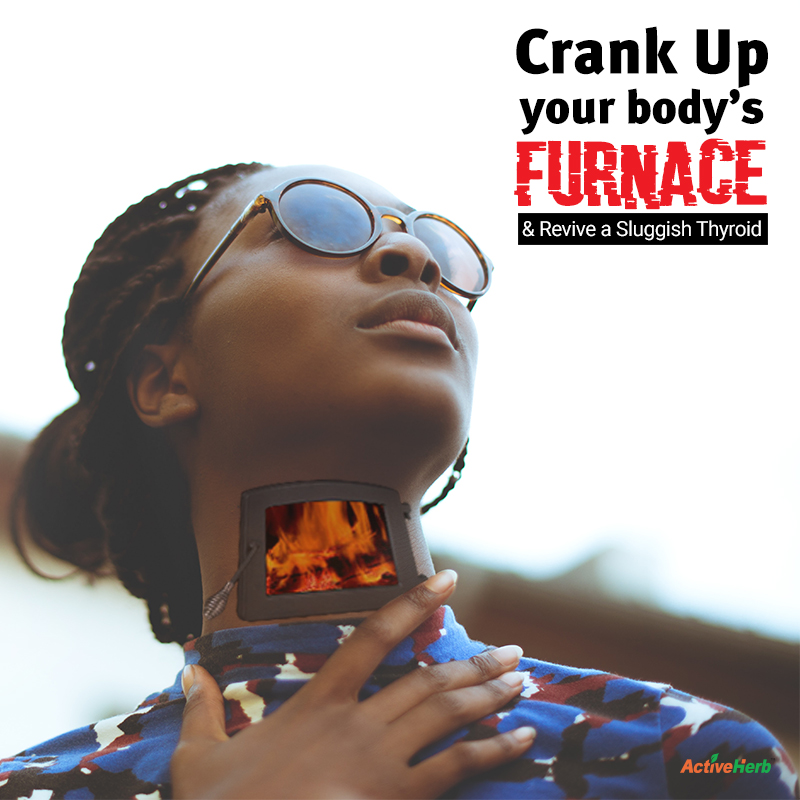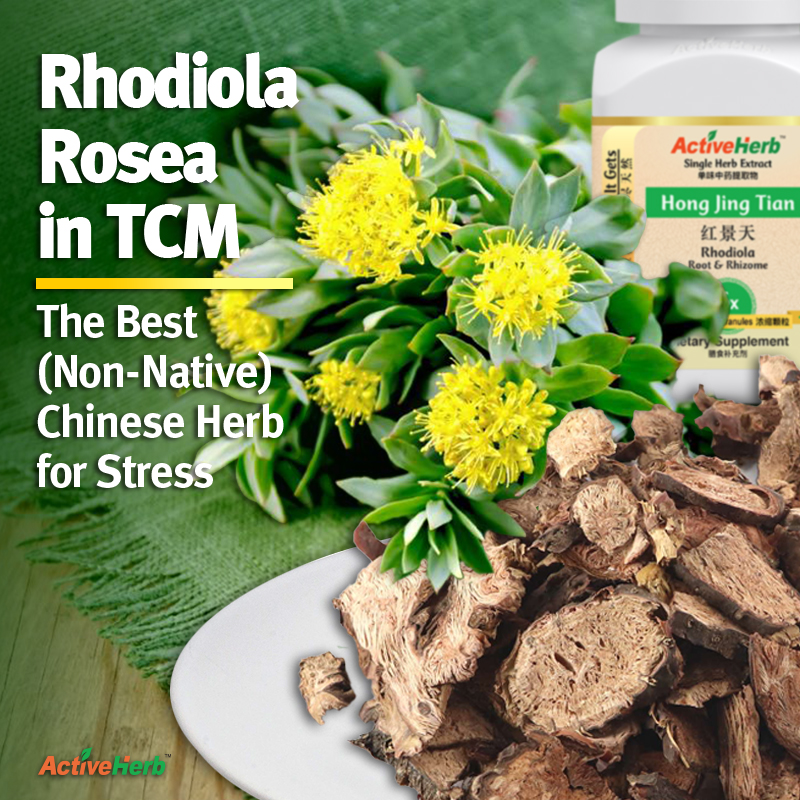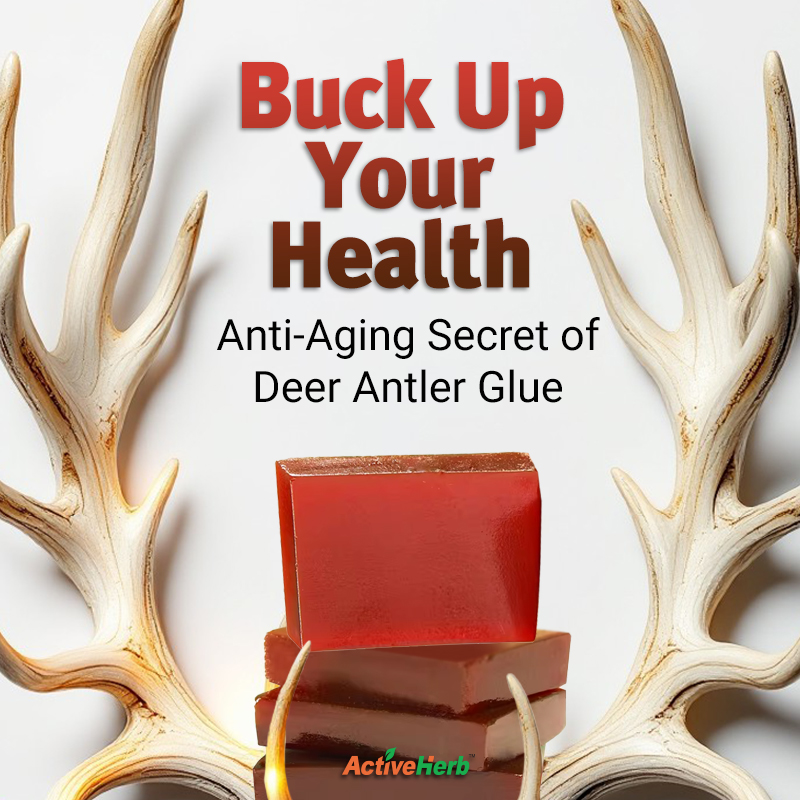Are You Full of Hot Air? A TCM Guide To Internal Heat
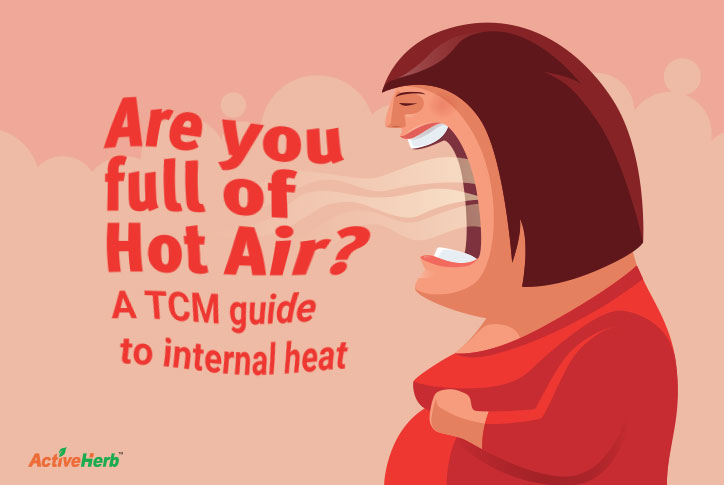
No offense, but you’re full of hot air. That’s not to say that you’re a bloviating motormouth who never has anything interesting or deep to say. You’re hopefully not that Western type of hot air. However, if you’re a type-A workaholic who subsists on processed food, gets little exercise, and does nothing to manage your stress and balance your life, then there’s a good chance you’re full of hot air—from a TCM perspective.
In traditional Chinese medicine, why should you care if you’re full of hot air, a.k.a. internal heat? Balancing your body’s Yin and Yang Qi optimizes internal body temperature, steadies your emotions, helps manage stress, and supports the immune system, energy levels, and overall health.
Fine-tuning your life-work balance and other lifestyle makeovers are obvious helpful strategies. But the good news is that even without making drastic changes, TCM may help rid your body of excess health-depleting hot air.
We’ll explore a few different ways to eliminate internal heat in just a bit. But first, the basics…
What is Hot Air (Internal Heat) in Traditional Chinese Medicine?
There’s a lot of evil in the world. In TCM theory, there are 6 evils to be precise: Cold, Wind, Heat, Summer Heat, Damp and Dryness. Out of these external influences that can quickly penetrate deep within the body and knock you out of Yin and Yang balance, arguably, Heat and Cold are the most influential.
Most people have a basic idea of what Yin and Yang energies constitute: A dynamic ballet of mutually-reliant opposing forces. However, relatively few people are aware that Heat and Cold are the Chinese characters that represent Yang and Yin, respectively. The holistic, interconnected philosophies of TCM were first elucidated thousands of years ago, including the principle of Hot Air (Internal Heat). But as our society has become increasingly overworked, overfed yet undernourished and chronically stressed out, the symptoms of Internal Heat have become more pervasive. Technically speaking, any of the 6 external evils can give rise to excess internal heat in the body—even a Cold evil invasion.
With terms like Internal Heat, Fire, and Summer Heat, TCM concepts can be confusing, especially when there are similar-sounding terms. To distinguish between these three terms, Internal Heat represents a general imbalance of heat within the body. It is caused either by Yin Deficiency or Yang excess, and only a qualified TCM expert (i.e. a licensed acupuncturist) distinguishes between these two patterns. As for “Fire,” think of a nasty, more intense case of Internal Heat, while Summer Heat indicates an invasion of pathogenic Heat and Dampness that can occur during the late summer.
What Are the Symptoms Of Hot Air Internal Heat in TCM?
According to TCM 5 Element theory, Heat is associated with the Heart organ system, the season of Summer, the Fire element and is a Yang energy. When there is excess internal hot air, here’s what can happen:
- Bodily fluids dry up (tears, mucus, saliva, synovial joint fluid, etc.)
- Red eyes
- Lack of energy
- Hot flashes
- Headaches
- Fever
- Hoarseness
- Skin rashes
- Pimples
- Boils, canker sores
- Itchiness
- Thirst
- Profuse sweating
- Dehydration and darker urine
- Irritability and other mood disturbances
The Dangers of Being Full of Hot Air
Inevitably, because none of us lives in a hermetically-sealed perpetual Yin-Yang balancing bubble, we all have to face some of these symptoms from time to time. But as mentioned, Internal Fire can progress into a more intense state: “Fire.”
Just as it’s best for the fire department to put out a brush fire before it becomes a major conflagration, you’ll want to douse Internal Heat before it becomes a major Fire in TCM.
When Internal Heat progresses into Fire, the following may occur:
- High fever
- Delirium
- Organ damage
- Ulcerations
- Bleeding disorders
- Inflammatory bowel conditions
- Weak Wei Qi (“immune”) function
Unfortunately, when symptoms of Fire in the body manifest, there’s no internal fire department to call upon. That’s why it’s smart to be proactive now and resolve Internal Heat sooner rather than later (solutions below).

3 Heats Are Not Better Than One
The 19th-century Canadian physician William Osler stated, “The good physician treats the disease; the great physician treats the patient who has the disease.” Likewise, a similar axiom in TCM says, “One disease can have many causes, and one pattern can cause many diseases.”
This means that two people can have the same symptoms, but different TCM disease patterns may cause those symptoms. For example, there is more than one type of heat in TCM. To simplify, we’ll break Internal Heat patterns into 3 categories. You already know one of them: Fire.
The other two categories of internal heat are:
Full Heat
You can say that a person who is full of hot air has full heat. This heat presents as fever, agitation, a thirst for cold drinks, a tongue with a yellow coating, and a rapid pulse.
Several factors can cause full heat in the body. One of the biggest contributors is unresolved chronic stress. So, make sure to manage your stress and consider TCM dietary supplements such as EaseTonic. In addition, consider scheduling acupuncture sessions to release this hot air.
Empty Heat
Full Heat and its more serious progression, Fire, are most often associated with excess Yang energy. In comparison, Empty Heat indicates a Yin Deficiency, although its symptoms can mirror those of Full Heat.
At first glance, Empty Heat seems milder than Full Heat. There may be a dry, scratchy throat, a slight cough and the tongue presents with splotches of coating. Yet Empty Heat is no picnic in the park. Because Yin Deficiency primarily affects the Kidney organ system, it can result in:
- Tinnitus
- Low-back pain
- Adrenal insufficiency (exhaustion)
- Signs of premature aging (graying/thinning hair, age spots, diminished hearing)
Although not as serious as outright organ failure that can occur with Fire, empty heat can nonetheless rob quality of life. In addition, just as Full Heat can progress into Fire, Empty Heat may give rise to menopausal symptoms associated with Full Heat. So how can you tell if you have Empty Heat? A few indications include:
- An unquenchable thirst, especially at night
- Profuse night-time sweating
- Mild anxiousness
- Sweaty palms, hands or feet
Hot-Headed And More: Anatomy of Heat In The Body
In TCM theory, the organ systems not only pertain to the physical organs of Western medicine but also energetic points throughout the meridian (channel). Internal heat can affect one or more organ systems. Here’s a look at how:
- Heart—Joan Rivers famously said, “At my age, an affair of the heart is a bypass.” Well said, Joan (RIP). In TCM theory, Internal Heat in the Heart can lead to anxiety, palpitations, restlessness and sleeplessness, dry mouth, and making you look like you’re full of hot air (red-faced).
- Pericardium — The pericardium is the protective sheath around the heart. In TCM, hot air in this area can result in palpitations, insomnia, and emotional imbalance.
- Liver — So much can go wrong with this “General of the Organ System,” including anger, red eyes, headaches, menstrual problems, and dizziness
- Spleen — Digestive problems, loose stools
- Stomach — Ulcers, heartburn, reflux, dry stools, constipation, vomiting
- Small Intestine — Abdominal pain, distention
- Large Intestine — Heat in the body, constipation
- Blood — OK, not an organ per se, but Internal Heat can “park itself” in the Blood, leading to rashes, boils, and fever.
- Kidney — As stated Kidney Yin Deficiency can lead to feeling exhausted, premature aging, low back pain, and frequent urination.
- Tongue: What does your tongue say about your health? If your tongue is ‘full of hot air,’ it will have a yellow coating (or none in the case of empty heat). For more advanced stages of Internal Heat, i.e., Fire, the tongue will appear deep red with a thick dark coating.
How To Put Out Internal Heat And Resolve Hot Air
So how can you “remove heat” from your body? Is it as easy as drinking a cold can of beer or soda? Not so fast. Eating certain cold foods can indeed “extinguish” internal heat. However, drinking certain cold beverages can counterintuitively exacerbate the problem, giving rise to more internal heat.
To nourish Yin (cooling) energy, some foods to include in your diet include:
- Watermelon
- Honeydew melon
- Cucumber
- Strawberries
- Bitter melon
- Mung beans
- Bamboo Shoots
- Celery
- Seaweed
- Mushrooms
- Pear
- Lemon
In addition, certain herbal teas may nourish Yin energy. Among several to choose from, American Ginseng, according to TCM principles, clears Heat.
Finally, wouldn’t it be great to nourish your Yin with one TCM dietary supplement? That would indeed be YinGreat! An ancient herbal formula, Da Bu Yin Pian, lowers pathogenic Fire.
Unfortunately, it can’t improve your conversational abilities if you’re full of hot air, the Western type.
What is your favorite way to resolve Hot Air (Internal Heat) in TCM? Leave a comment.



